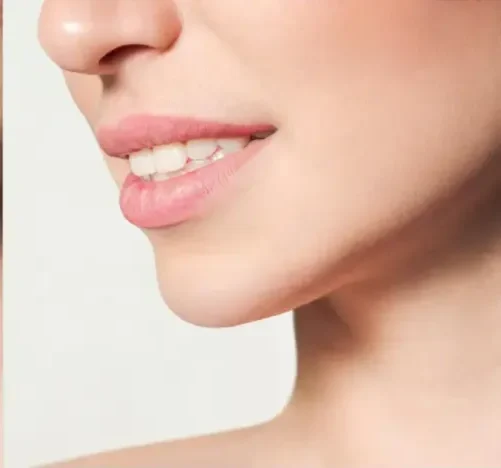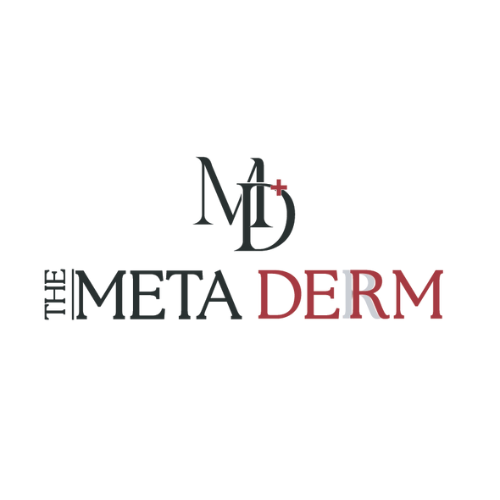ACNE DIET GUIDE
A balanced, anti-acne diet can significantly boost the effectiveness of your treatments. Diet for clear skin focuses on whole nutrient foods, low sugar intake, no processed foods, and limited dairy products to tackle acne and achieve healthier skin.

Key Highlights:
- An anti-acne diet can help speed up the effectiveness of your acne treatments.
- Fluctuations in sugar levels, along with hormonal imbalances, are the key triggers.
- A good starting point is a low-GI, sugar-free diet that focuses on organic, whole foods.
- Dairy products, including milk, yogurt, and cheese, are foods to avoid in acne and can flare up breakouts.
- Zinc supplements can help in some cases.
Anti-Acne Diet at a Glance
- Best Results: Weeks to months
- Treatment Duration: Everyday
- Result Longevity: A long time
- Back to Daily Activities: N/A
- Recovery Time: N/A
- Anaesthesia: N/A
- Performed By: Patient
- Cost: Not much
Our results speak for themselves






Diet is a game-changer for acne-prone skin! Regardless of age, a diet low in sugar, dairy, and processed foods can significantly improve acne symptoms for most sufferers.
Frequently Asked Questions
An acne-free diet is a modern dietary approach recommended by many dermatologists to help manage and prevent acne. This method focuses on stabilizing blood sugar levels, as spikes in insulin and insulin-like growth factor (IGF-1) can contribute to acne flare-ups. Additionally, limiting the intake of certain animal-based foods—such as meat, poultry, and dairy—may reduce hormone-related acne triggers.
In essence:
- Choose whole, unprocessed foods
- Stay away from white rice, pasta, and other foods that have a high glycaemic index.
- Reduce your sugar intake to keep your blood sugars stable.
- Cut out dairy. This means milk, yogurt, and cheese.
A diet can be useful in some cases (helps you avoid seeing a dermatologist); however, even if you are on medications like Accutane, an anti-acne diet can speed up your results.
We believe that healthy eating can play a key role in supporting acne recovery—no matter what treatment or medication you're following. Even small adjustments to your diet can have a positive impact, including:
- Taking care of your skin with good hygiene. Wash twice a day.
- Use SPF. It helps reduce the appearance of both brown pigmentation (post-inflammatory hyperpigmentation) and lingering redness (post-inflammatory erythema) that often follow acne breakouts.
- Don’t pick. This leads to scarring. Acne patches are super handy. They are priced between 5 to 20 cents each and are available at most large pharmacies.
- Treat scars early..Scars that form early are generally easier to treat than those that are older. Your dermatologist will review various scar treatment options, such as peels, lasers, microneedling, and LED therapy.
Unlike a calorie-restricted diet, remaining on an acne diet takes a whole heap of dedication. Why? To see results, anti-acne diets require strict adherence—there are no "day off."
Unlike weight loss diets, where you can compensate for calorie-dense days by cutting back on others, an anti-acne diet demands consistent elimination of triggers like dairy, sugar, and processed foods for months, or even years, if you're sensitive to them.
Before visiting a dermatologist, you might consider trying natural remedies.. Dieting is a good starting point. Another option is to add natural phototherapy—taking care you don’t burn. A practical prescription for visible light is as follows:
- Use a high-factor, non-comedogenic, non-tinted sunscreen. Apply 15 minutes before sun exposure.
- Expose yourself to natural sunlight for 15 to 20 minutes in the morning or afternoon. The visible blue and red light can target and kill acne-causing bacteria.
- If this is too much of a hassle, book a series of phototherapy sessions at the Metaderm.Compared to direct sunlight, our LED devices are both more powerful and safer.
Cystic acne is often a result of hormonal fluctuations or adult jawline acne, especially around the mouth. It is commonly seen in individuals with PCOS (Polycystic Ovary Syndrome).

